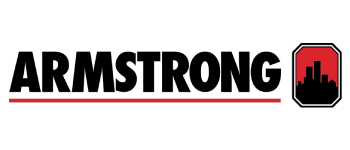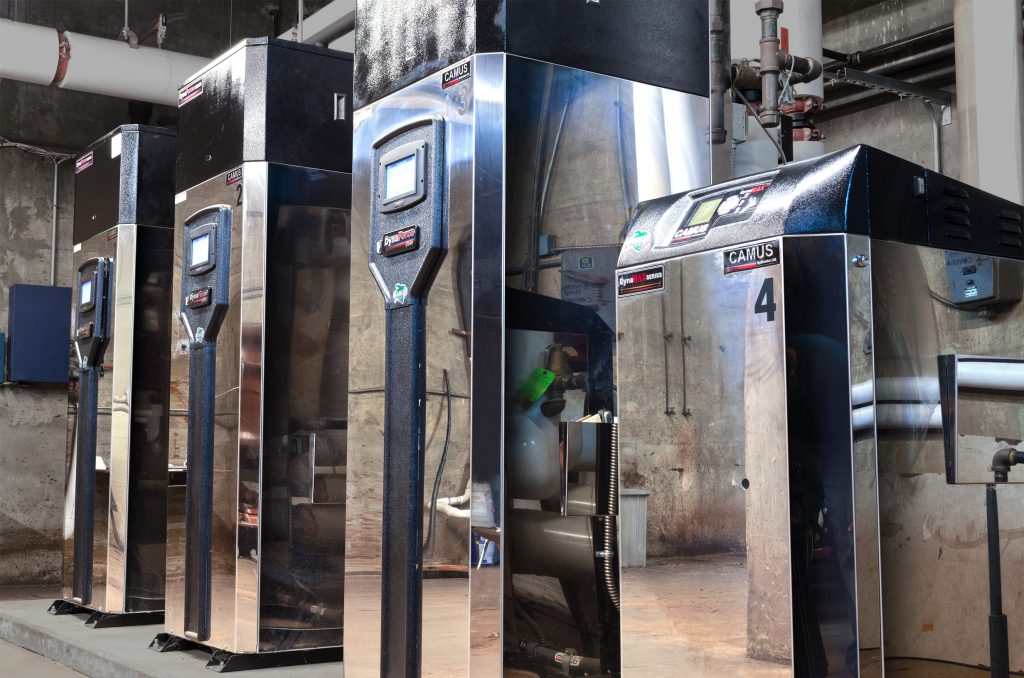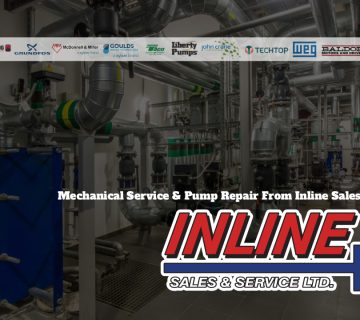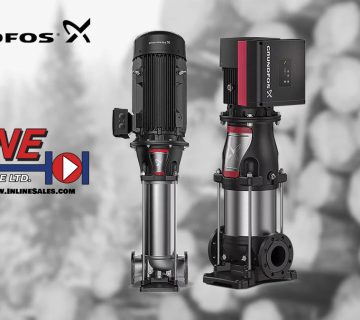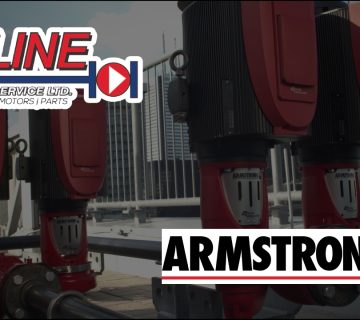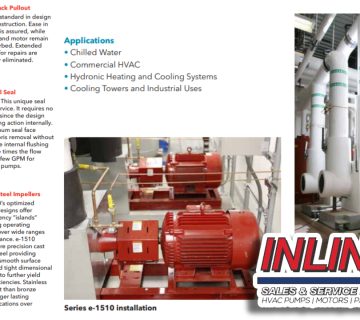Essential Guide to Boiler Maintenance in Commercial Buildings
Maintaining boilers in commercial buildings is crucial for ensuring operational efficiency, safety, and comfort. As one of the most important components of heating systems, boilers must be properly maintained to avoid breakdowns, maximize energy efficiency, and extend their lifespan. In this blog post, we will explore key aspects of boiler maintenance tailored specifically for commercial settings.
Importance of Boiler Maintenance
Boiler maintenance is vital for several reasons:
- Safety: A poorly maintained boiler can lead to dangerous accidents, including explosions or carbon monoxide leaks. Regular maintenance helps identify potential hazards before they become serious problems.
- Efficiency: Regular inspections and tune-ups can improve the boiler’s efficiency, leading to lower energy bills and reduced environmental impact. An efficient boiler uses less fuel to produce the same amount of heat.
- Longevity: Just like any mechanical system, regular maintenance can extend the lifespan of a boiler. Neglecting maintenance can lead to costly repairs or complete system replacement.
- Compliance: Many local regulations require routine inspections and maintenance for commercial boilers. Keeping up with maintenance schedules ensures compliance with safety standards.
Key Boiler Maintenance Practices
To keep your commercial boiler in top condition, consider the following maintenance practices:
1. Schedule Regular Inspections
Conducting regular inspections is the cornerstone of effective boiler maintenance. Ideally, you should schedule an annual professional inspection by a licensed technician. During these inspections, professionals will:
- Check for leaks, pressure, and the overall condition of the boiler.
- Inspect safety devices like pressure relief valves.
- Test the boiler’s controls and gauges.
- Clean any components that may have accumulated dirt or debris.
2. Monitor Water Quality
Water quality directly affects the performance and longevity of your boiler. Hard water, which contains high levels of minerals, can lead to scaling and corrosion. It’s essential to regularly test the water and treat it accordingly to minimize these issues. Implement a program for water testing and conditioning if necessary.
3. Clean the Boiler and Components
Dirt and grime can build up on various boiler components, leading to decreased efficiency and potential failures. Regular cleaning should include:
- Flushing the boiler to remove sediment buildup.
- Cleaning the burner to ensure optimal fuel combustion.
- Inspecting and cleaning the heat exchanger to promote efficient heat transfer.
4. Maintain Proper Ventilation
Proper ventilation is crucial for boiler operation. Ensure that all vent pipes are clear from obstructions, and exhaust flues are properly vented to the outdoors. Regularly check that air intake filters are clean and in good condition to avoid airflow issues that could affect performance.
5. Monitor and Record Operating Conditions
Keeping detailed records of the boiler’s operation can provide insight into any potential issues. Track data such as pressure, temperature, and fuel consumption to recognize patterns that may indicate a problem. Early detection can prevent larger, more costly failures.
6. Train Staff on Safe Operation
Training staff on the proper operation and monitoring of the boiler can enhance safety and reliability. Provide teams with knowledge about:
- Recognizing warning signals such as unusual noises or fluctuating gauges.
- Emergency shut-off procedures.
- Basic troubleshooting techniques.
Conclusion
Boiler maintenance in commercial buildings is essential for safety, efficiency, and longevity. By adhering to regular inspection schedules, maintaining water quality, and training staff, building managers can ensure that their boiler systems operate effectively and safely. Investing in maintenance not only prevents costly repairs but also contributes to a more sustainable and eco-friendly operation. Remember, when in doubt, always consult with a licensed professional for any boiler-related concerns.
For more tips on boiler maintenance or to schedule a professional inspection, don’t hesitate to contact our team today!

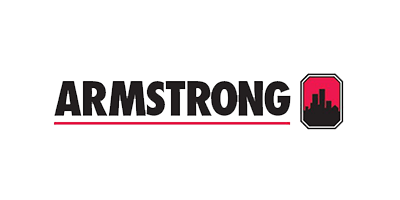 Armstrong Pumps
Armstrong Pumps Bell & Gossett
Bell & Gossett Taco Pumps
Taco Pumps Goulds Water Technology
Goulds Water Technology Grundfos Pumps
Grundfos Pumps Wilo & Scot Pumps
Wilo & Scot Pumps Boilermag XT magnetic filter
Boilermag XT magnetic filter Hoffman Specialty
Hoffman Specialty John Crane
John Crane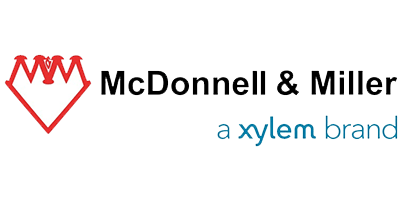 McDonnell & Miller
McDonnell & Miller Heat Exchangers
Heat Exchangers B&G Power Packs
B&G Power Packs Weg Motors
Weg Motors TechTop Motors
TechTop Motors US Motors & Nidec
US Motors & Nidec Baldor Motors
Baldor Motors SKF Motor Bearings
SKF Motor Bearings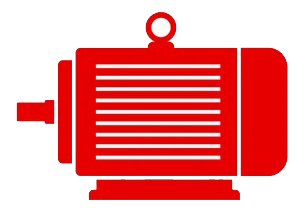 Motor Repairs
Motor Repairs




